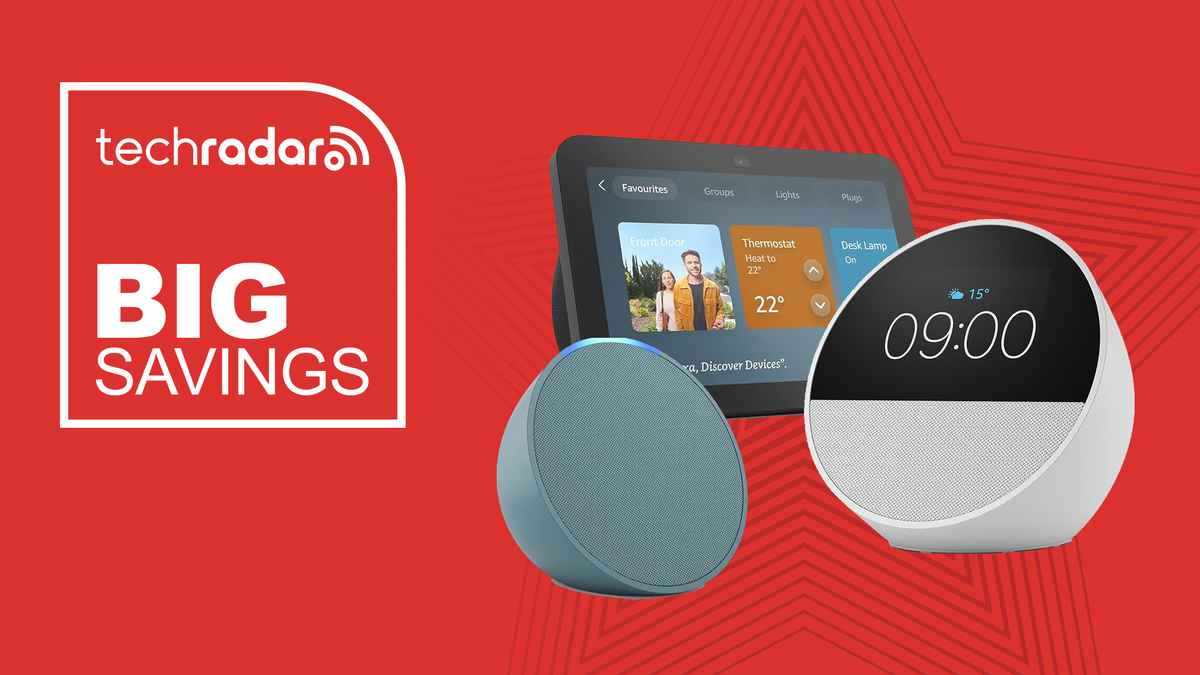Facing a barrage of criticism following her 11th-hour turn against congestion pricing in Manhattan, New York Gov. Kathy Hochul held a hastily planned press conference last Friday evening — not a time when politicians tend to spotlight issues they’re glad to talk about. Trying to justify her about-face, she invoked Manhattan merchants fearful that congestion pricing would cripple them by deterring suburban patrons unwilling to pay a $15 weekday toll on vehicles entering Manhattan south of 60th Street.
Bussiness
Business owners are buying into a dumb myth about driving

Small business owners are “deathly afraid that they’ll lose their customers who may come in from places like New Jersey,” she said, mentioning Comfort Diner, Townhouse Diner, and Pershing Square, whose owner is apparently “very happy” with her decision to slam the brakes on congestion pricing. Answering a question from the press, she added, “I encourage you to go to the next diner with me … watch the people come over and thank me.”
Hochul’s claims drew eyerolls from those wondering how many people were using a car to reach diners in the densest, most transit-rich county in the country — particularly Pershing Square, which is across the street from Grand Central Station. Transportation outlet Streetsblog accused the governor of “plutocratic populism” — deferring to the preferences of the affluent over the public interest — while a Gothamist reporter who visited all three of the restaurants spoke with one owner who vehemently denied ever discussing congestion pricing with her.
In New York City, where the majority of residents don’t own a car, it seems odd to assert that a policy benefitting transit users, pedestrians, and cyclists is bad for attracting customers. Commuters who drive into Manhattan have significantly higher incomes than others who work in the borough, so Hochul’s claim that killing congestion pricing would relieve New York’s cost of living crisis is just as suspect.
Even if Hochul is telling the truth about restaurateurs’ complaints, they’re still a terrible justification for her flip-flop on congestion pricing. The same goes for public leaders elsewhere who scuttle other urban transportation reforms that merchants often loathe, such as replacing street parking with dedicated lanes for bikes and buses. When it comes to shoppers’ travel habits, small business owners simply don’t know what they’re talking about — and not just in New York.
Small business owners wildly overestimate how many customers arrive by car
In study after study in city after city around the world, researchers have found that merchants exaggerate the share of patrons who arrive by car and undercount those who walk, bike, or ride transit. Those misperceptions lead them to oppose transportation reforms that would limit the presence of cars and make urban neighborhoods cleaner, more pleasant, and less polluted — and would likely increase spending at their business, too.
Consider a 2021 study in Berlin, in which researchers asked 145 shopkeepers and over 2,000 shoppers about travel behavior. The share of shoppers who drove was 15 percent below what shopkeepers predicted, while the portion who took transit, walked, and biked was higher (by 8.1 percent, 6.2 percent, and 3 percent, respectively). Similarly, a 2011 study of Dublin concluded that business owners overestimated the percentage of customers arriving by car and undercounted those who didn’t. The same bias has been observed in Graz, Austria, and Bristol, England.
It’s a similar story in North America. In Toronto, a group of small business owners vehemently opposed new bike lanes on Bloor Street in 2016, but a subsequent academic analysis found that retail spending and customer counts increased after the bike lanes were installed.
A 2013 study of the Portland, Oregon region concluded that “bicyclists, transit users, and pedestrians are competitive consumers and, for all businesses except supermarkets, spend more on average than those who drive.” That analysis surprised many business owners in the relatively car-centric city, prompting one convenience store chain to install bike racks near its entryways, said Kelly Clifton, a professor of community and regional planning at the University of British Columbia who co-authored the study.
The findings about business owners’ perceptions of customer travel are remarkably consistent. I have yet to see a single study where survey respondents accurately estimated their customers’ modal split or made errors in the opposite direction (i.e., undercounting those who drive and overestimating non-drivers). The bottom line: Business owners think shoppers use cars more often than they actually do.
It’s easy to see how such misperceptions could arise. Shopkeepers and restaurateurs themselves may drive to work, perhaps because they travel at night when transit is closed or have to carry equipment. Last year, a chamber of commerce in Chicago’s Lakeview and Roscoe Village neighborhoods surveyed local residents and businesses about how they prefer to navigate the community, finding that 83 percent of residents preferred to walk or bike, while a majority of business respondents chose driving. A cognitive bias known as the false-consensus effect could lead such business owners to mistakenly assume that their customers drive just as much as they do.
Merchants may also commute from relatively far away, which (again, because of the false-consensus effect) leads them to undercount customers who live close enough to walk, bike, or ride the bus. One piece of supporting evidence for that hypothesis: The 2021 Berlin study found that the average shopkeeper thought about one in eight customers lived within a kilometer of their establishment, but more than half of surveyed shoppers said that they did.
It’s also possible that business owners are misled by what they are told about local transportation. Think about it: If you’re on your way to a restaurant and your train is delayed or you can’t find a nearby bike corral, would you complain to the staff? The thought likely wouldn’t cross your mind. But what if you were in a car, and you had to circle the block a few times before squeezing into a parking spot? Now the odds of sharing your annoyance are probably higher, since there are few more universal American experiences than complaining about parking. If store owners hear more griping from car owners than from transit riders, cyclists, and walkers, they might conclude that the bulk of their customers are driving — and that any policy that worsens drivers’ burden could spell doom.
Don’t let pro-car bias kill good policy
Whatever its genesis, the pro-car bias of business owners presents a major roadblock to urban policy reform. In the District of Columbia, small business owners have been among the most vociferous critics of a 2.7-mile dedicated bike lane that had been planned for Connecticut Avenue, a major thoroughfare in the city’s northwest quadrant, before Mayor Muriel Bowser abruptly reversed course in April and declared the bike lanes dead. Despite frequent hostility from small business owners, the installation of bike lanes has had a positive or neutral effect on retail sales in Minneapolis, Seattle, and Los Angeles.
Dedicated road lanes for buses are similarly despised by many business owners; they have been opposed in San Francisco, Montreal, and Indianapolis (where the Indianapolis Star observed that the conflict pitted “business vs. neighbor,” with the bus lanes enjoying widespread community support).
In New York City, many employers, especially large ones, have backed congestion pricing, since the policy would provide desperately needed funding to modernize the subway system that underpins the city’s economy. The head of the Partnership for New York City, a powerful chamber of commerce, offered strong support for the policy after Hochul’s sudden reversal last week. But a loud group of small business owners has warned of crashing sales from congestion pricing. Speaking to ABC 7 in February, Steven Traube, the owner of the Wall Street Grill and a plaintiff in a lawsuit seeking to block congestion pricing, said that if the policy is implemented, he will “definitely [have] to rein back on staff because I know sales will go down.”
Regardless of whether Hochul really did meet lots of patrons in Manhattan diners who drove there from New Jersey (which, by the way, has the most diners per capita in the country), it’s certainly plausible that she has heard from business owners insisting that congestion pricing would crush them. A wise response would have been to ask if they had done a customer survey to make sure that they know how their patrons are arriving. Based on findings from prior research, they probably don’t.
Simply accepting business owners’ criticism of congestion pricing at face value is a terrible reason to jettison a policy that would improve transit service, enhance quality of life, and reduce emissions that damage the planet as well as human health.
Then again, perhaps Hochul is well aware that her argument is bogus. She just can’t find a better one.









:max_bytes(150000):strip_icc()/TAL-header-irvine-farmers-market-irvine-ca-FARMERSMARKET1124-dd1f797649da4820ac4dcc37ffcd353f.jpg)
